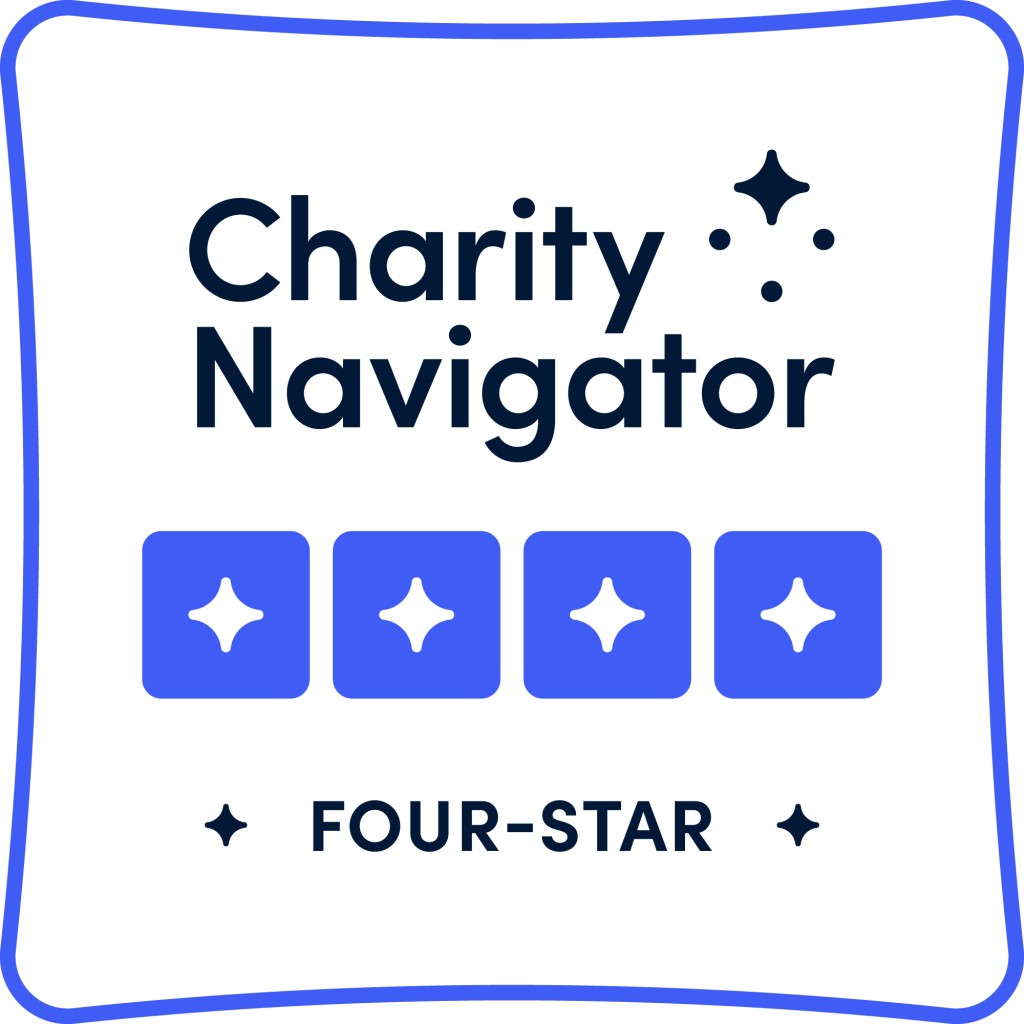Understanding your family’s health history is more than just learning about your roots—it’s a powerful tool for safeguarding your future. Our genetics play a crucial role in shaping our health, including the risks we may face for certain conditions, such as hereditary cancers like ovarian cancer. By exploring your family health history, you can uncover valuable insights that help you make proactive and informed decisions about your well-being.

The importance of family health history in ovarian cancer risk
Certain cancers—including ovarian, breast, and colorectal cancers—can appear more frequently in families due to inherited genetic mutations. If you have a mother, sister, or daughter with ovarian cancer, or a family history of breast or colorectal cancer, you may have a higher genetic risk. Specific mutations in the BRCA1 and BRCA2 genes, for example, are linked to increased ovarian cancer risk. These mutations can be passed down from either parent, making it essential to know your family’s health history.
Understanding your family’s health history can help you better assess your risk and take steps to protect yourself. This might involve scheduling regular screenings or even considering genetic testing.
Helpful Resource - Ovarian Cancer Risk Factors
Download our ovarian cancer risk factors sheet to learn about key factors that may increase or decrease your risk.
How to start the conversation about family health history
Discussing health—especially genetic cancer risks—can be challenging, but the holidays offer a natural setting to begin these discussions. Here are some tips for approaching these conversations:
- Choosing the right time to discuss ovarian cancer genetic risk: Consider discussing family health history in a group setting or individually with relatives who prefer privacy.
- Explain why it matters: Share why you’re interested in learning about family health history—whether for personal health or understanding family patterns of disease that could impact everyone.
- Talking about BRCA gene mutations and inherited cancer risk: Explain why you’re interested in learning about the family’s health history. Mention that understanding hereditary risks, such as BRCA gene mutations, is crucial for proactive health.
- Be open about your own health concerns: Sharing your own health experiences or concerns can encourage others to participate. Ovarian cancer survivors can share genetic testing results, including any biomarker tests, which can help family members understand their potential risks.
Questions to ask relatives about family health history
You might need to ask specific questions to understand your family’s health history better. It can help to frame the conversation around the broader family health picture, not just cancer history. Here are some questions that can get you the information you need to assess your hereditary cancer risk:
- Has anyone in our family been diagnosed with any type of cancer?
- What kind of cancer? At what age were they diagnosed?
- Are there any medical records available?
- For family members who have passed, what were the causes of death, and at what age did they pass away?
- Has anyone in the family had genetic testing? If so, what were the results?
Helpful Resource - Talk About It: Family Health History & Ovarian Cancer
Our family health history and ovarian cancer flier can help guide conversations to understand how your family history can impact ovarian cancer risk.
Who to talk to first
When gathering health history information, start with your closest relatives, known as first-degree relatives. These include your parents, siblings, and children, with whom you share about 50% of your DNA. Afterward, consider reaching out to second-degree relatives (half-siblings, aunts, uncles, and grandparents) or even third-degree relatives (cousins, great-grandparents, and great-aunts or uncles). The more closely related someone is, the more similar your DNA, so this information can help create a complete family health history.
The role of genetic testing in ovarian cancer risk
If you find a pattern of cancer in your family, consider asking your doctor about genetic testing to understand your own risk. Genetic testing can identify mutations in genes like BRCA1 and BRCA2, which can increase the risk of ovarian cancer. Testing doesn’t guarantee you’ll get cancer, but it provides knowledge you can use to make proactive decisions and risk-reduction options. For some, these decisions may include considering preventive measures under the guidance of a healthcare provider.
Genetic counseling is also available to guide you through the process of testing, interpreting results, and discussing next steps.
Supporting family members in ovarian cancer genetic testing decisions
When one family member decides to get tested, it’s often helpful for others to consider it as well. Sharing genetic information can be a powerful way to protect and support each other. This doesn’t mean everyone will choose the same path, but knowing the risks can encourage informed decisions. Remember that genetic counseling is there to help not just individuals but families navigate these choices together.
Moving forward together
Understanding your family history and genetic risk is a personal journey that can empower you and your loved ones to make informed decisions about health. This holiday season, let’s approach these conversations with care, compassion, and respect. By sharing our stories and listening to those of others, we can take steps toward a healthier future—for ourselves and the generations that follow.
NOCC’s programs and resources
At the National Ovarian Cancer Coalition, we understand how overwhelming an ovarian cancer diagnosis can be. That’s why we offer a range of resources and support services to help you and your loved ones navigate this journey.
Programs and Resources
Explore comprehensive resources, services, and programs for those with ovarian cancer and their caregivers.
Topics:
- The importance of family health history in ovarian cancer risk
- How to start the conversation about family health history
- Questions to ask relatives about family health history
- The role of genetic testing in ovarian cancer risk
- Supporting family members in ovarian cancer genetic testing decisions
- NOCC programs and resources



